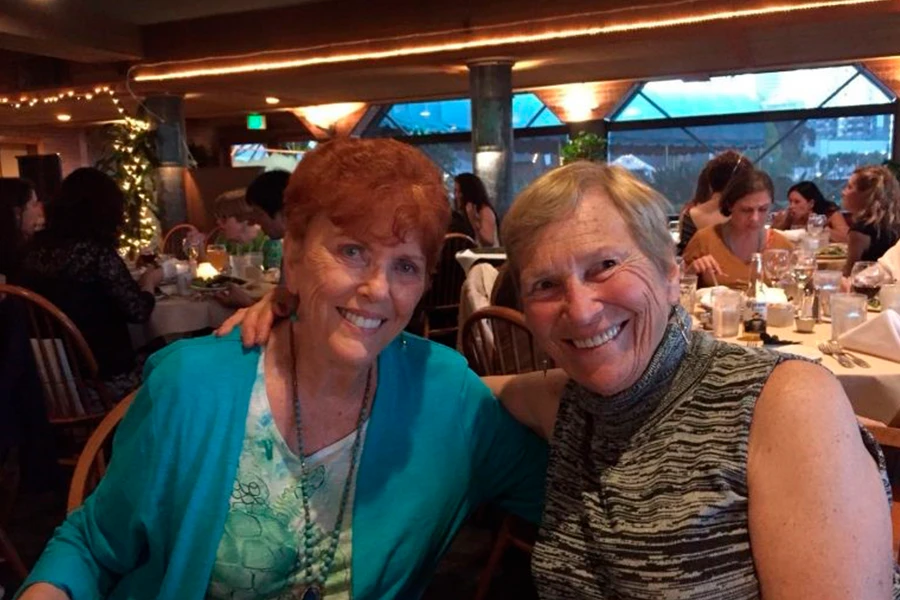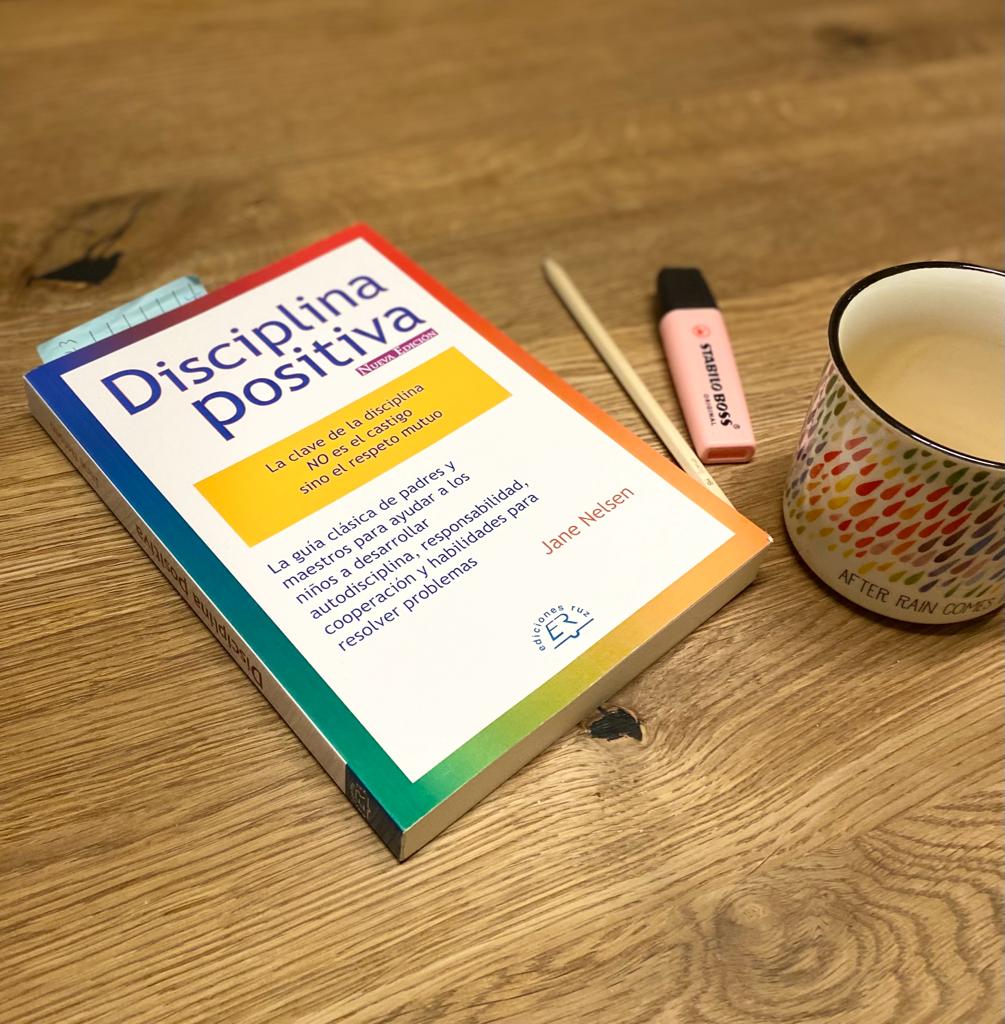What is positive discipline?
There are basically two types of parenting:
– Those based on external control, through rewards and/or punishments, which work, but only temporarily. In the long term they do not work because the child needs the external stimulus given by the adult to do what he/she must do.
– And types of parenting, like Positive Discipline, which seeks to motivate the child from within. So that, in the long term, that is, when he is a grown up, he will be a responsible, respectful, and resourceful member of the community, without the need for external stimuli.

Positive Discipline is a parenting program, that helps us to educate our children in a respectful and encouraging way, both for the child and the adult.
P.D. is based on the Theory of Individual Psychology of Alfred Adler and Rudolf Dreikurs, both Austrian psychiatrists who developed these theories in the United States at the beginning of the 20th century.
Contrary to what one might think from its name, Individual psychology is a social psychology, since it conceives the human being always in relation to other people, and therefore the development of personality and behavior will be influenced by their interaction with others.
According to these psychologists, for the human being the most important thing is:
- sense of belonging (being part of a group, being loved).
- and the sense of significance (to be important, to be considered, to be useful).
And therefore, the individual will act, consciously or unconsciously to achieve these two objectives.
In the 80’s, Jane Nelson and Lynn Lott collected these theories and put them into books and experiential workshops to make them available in a practical way to families and schools, thus creating Positive Discipline.
Principles of positive discipline

P.D. is based on 5 principles, and all the tools we use to educate our children must comply with these principles:
- CONNECTION: connection is what Individual Psychology is based on, the feeling of belonging (or being loved) and the feeling of being significant (or being considered, feeling useful). We have to help the child to think: “I am loved, and I am useful“.
- EFFECTIVE LONG-TERM: the values and skills they learn today will be the ones they will use as adults. Therefore, we must reflect on how we want to transmit them, so that they will be useful in the future. The temptation to use tools that work immediately, such as punishments or rewards, is big. But we must think that our mission as parents is to train them for life, not only to solve today’s challenges.
- TEACHES IMPORTANT SOCIAL AND LIFE SKILLS: respect, concern for others, problem solving and cooperation, as well as responsibility, resilience, emotionally intelligent are some important social and life skills that we can transmit through the tools that P.D. offers us.
- Invites children to discover how CAPABLE they are and to use their personal power in constructive ways: is to “train” and encourage the child to feel capable, to empower him. Teaching and encouraging (not praising) them to do things so that they feel important and can contribute, so that when they grow up, they can be independent and have a healthy self-esteem.
- KIND AND FIRM at the same time: refers to mutual respect. Kindness is attending to the needs of the child, and firmness is attending to the needs of the adult and the situation. The adult models firmness by respecting himself and the situation, and kindness by respecting the child’s needs.
What we do in the workshops
In the workshops we see some theoretical concepts, to better understand and apply the tools (ways of doing and educating) offered by the D.P. In the workshops we learn:
- Effective ways to communicate with our children.
- To connect with us and with our child.
- To guide them without punishments or rewards, with respect
- To discover what is behind a “misbehavior”, and how we can help our child feel better by encouraging, training and a focus on solutions.
- To increase our emotional well-being so we can respond to our child needs in a respectful way.
Will it really help me?
A study published in 2009 shows that parenting classes help parents bring harmony into their homes. The study, The Impact of Adlerian-Based Parenting Classes on Self-Reported Parental Behavior, was conducted by Jody McVittie, M.D. and Al M. Best, Ph.D. using data from 1,300 parents.
At the end of the workshops, parents reported that they were better able to set clear boundaries and connect with their children in a positive way. They were also able to reduce threats and yelling. Many respondents indicated that they were satisfied with the changes in their families.
In addition, previous research documents the long-term benefits of firm, nurturing parenting. This type of parenting has been shown to reduce many social risks for children (smoking, early sexual debut, alcohol use, violence) and to contribute to academic and social success.
